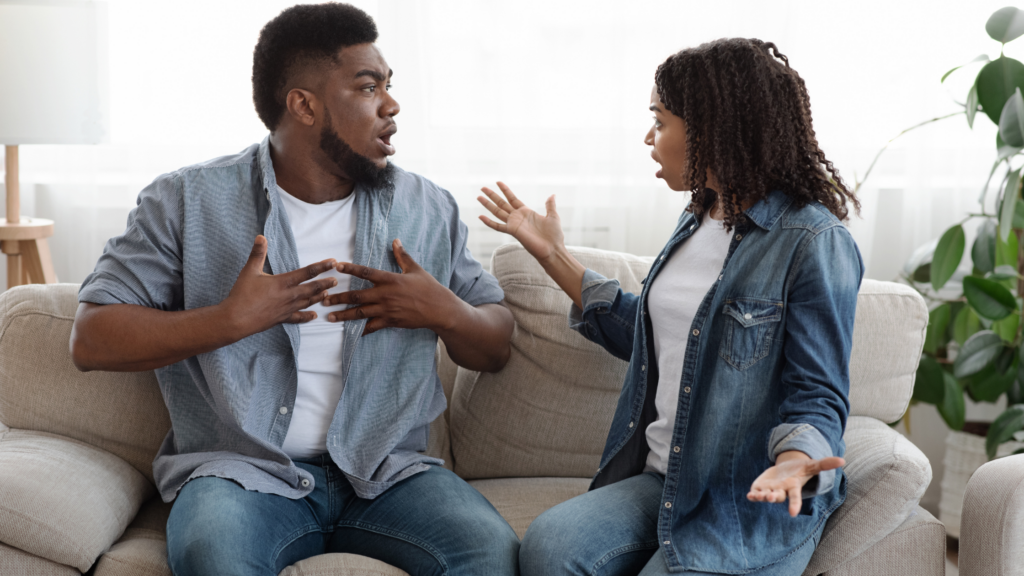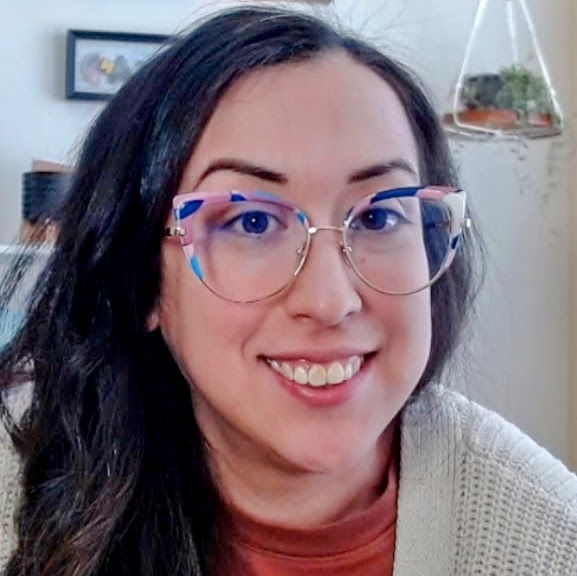Therapy Intensives for Couples: When Weekly Therapy Isn’t Enough
For those stuck in cycles of conflict, disconnection, or crisis—this might be the turning point.
When Weekly Therapy Isn’t Enough
It’s late. You’re scrolling, searching for answers. Maybe you’ve just had another fight. Maybe you’re sitting in silence, wondering if things will ever feel better. You’ve tried therapy—or thought about it—but the idea of one hour a week feels too slow, too scattered, too impossible with your busy schedules.
If you’re feeling stuck, overwhelmed, or on the edge of giving up, you’re not alone. And you’re not beyond help.
As a couples therapist who specializes in trauma-informed, neurodivergent-affirming care, I offer therapy intensives because I’ve seen how powerful they can be—especially for couples navigating betrayal, burnout, or the slow erosion of connection.
When Weekly Therapy Isn’t Enough
It’s late. You’re scrolling, searching for answers. Maybe you’ve just had another fight. Maybe you’re sitting in silence, wondering if things will ever feel better. You’ve tried therapy—or thought about it—but the idea of one hour a week feels too slow, too scattered, or not possible with your busy schedules.
If you’re feeling stuck, overwhelmed, or on the edge of giving up, you’re not alone. And you’re not beyond help.
As a couples therapist who specializes in trauma-informed, neurodivergent-affirming care, I offer therapy intensives because I’ve seen how challenging it can be to get through challenges, without focused support—especially for couples navigating betrayal, burnout, or the slow erosion of connection.
Why Healing Can Take Time in Weekly Therapy
Traditional 50-minute sessions serve a purpose. They offer consistency, reflection, and gradual change. But for many couples weekly therapy can feel like trying to rebuild a house one brick at a time, while rushing between work meetings, school pickups, and family events. There’s rarely enough time to settle in, let alone lay the emotional mortar that holds real healing together.
You start to open up, and the clock runs out. You leave with unresolved emotions, unfinished conversations, and no space to fully process or repair.

What Is a Couples Therapy Intensive?
A therapy intensive is a longer-format session designed to help couples move through stuck patterns and into meaningful change. It’s not just “more therapy.” It’s a structured, immersive experience that allows for:
- Focused time without distractions
- Deeper emotional processing and nervous system regulation
- Real-time skill building and communication practice
- Clarity around next steps—whether that’s repair, reconnection, or separation
How Couples Therapy Intensives Accelerate Healing

When couples have uninterrupted time to work together, something shifts. There’s space to breathe, to feel, to speak without rushing. We can explore the root causes of conflict, unpack attachment wounds, and begin the process of rebuilding trust.
In my practice, I’ve sat with those who arrive feeling raw, guarded, and unsure if repair is even possible. But when they’re given the time, space, and structure to slow down and truly engage—without rushing to the next obligation—they often leave with a sense of clarity, renewed empathy, and a shared direction they hadn’t felt in years.
What an Intensive Experience Can Be:
- A couple navigating recent infidelity used a two-day intensive to stabilize emotions, rebuild transparency, and create a roadmap for trust repair.
- Partners on the brink of separation spent a full day exploring unmet needs and communication breakdowns. By the end, they had a renewed sense of empathy and a plan for reconnection.
- A neurodivergent couple struggling with misattunement used a half-day intensive to identify sensory triggers, clarify communication styles, and co-create rituals of connection.
Who Benefits Most from Couples Therapy Intensives
Therapy intensives are especially helpful for:
- Couples in crisis or contemplating divorce
- Relationships impacted by trauma, betrayal, or emotional shutdown
- Busy professionals who need meaningful progress without weekly scheduling
- Neurodivergent partners seeking structured, affirming support
- Polycules navigating complex relational dynamics

Final Thoughts: Therapy Shouldn’t Be Another Stressor

It should be a bridge back to connection. If you’re feeling stuck but don’t want to give up on your relationship, a therapy intensive might be the transformative step you’ve been searching for.
When connection feels out of reach, you don’t have to wait months to start healing. An intensive offers the space, time, and guidance to begin again—with clarity, compassion, and momentum. If you’re ready to move toward each other, not just talk about it, I’d be honored to walk that path with you.
Let’s begin—together.

Alanna Esquejo, LMFT is a Licensed Marriage and Family Therapist based in Pleasanton, CA, offering in‑person sessions locally and telehealth across California. She trained Gottman Method Couples Therapy, level 2 and ADHD Certified Clinical Service Provider. She specializes in trauma‑informed, neurodivergent‑affirming care for couples and professionals, blending warmth, humor, and direct guidance to help clients move from survival mode to intentional living.
Helping Couples Rebuild Trust & Connection | Therapy in Pleasanton, California
September 11, 2025
Leave a Reply
Schedule a Consultation
74 Neal St #202 Pleasanton, CA 94566
esquejo.am@gmail.com
Privacy Policy
Terms and Conditions
Disclaimers
Good Faith Estimate
Be the first to comment